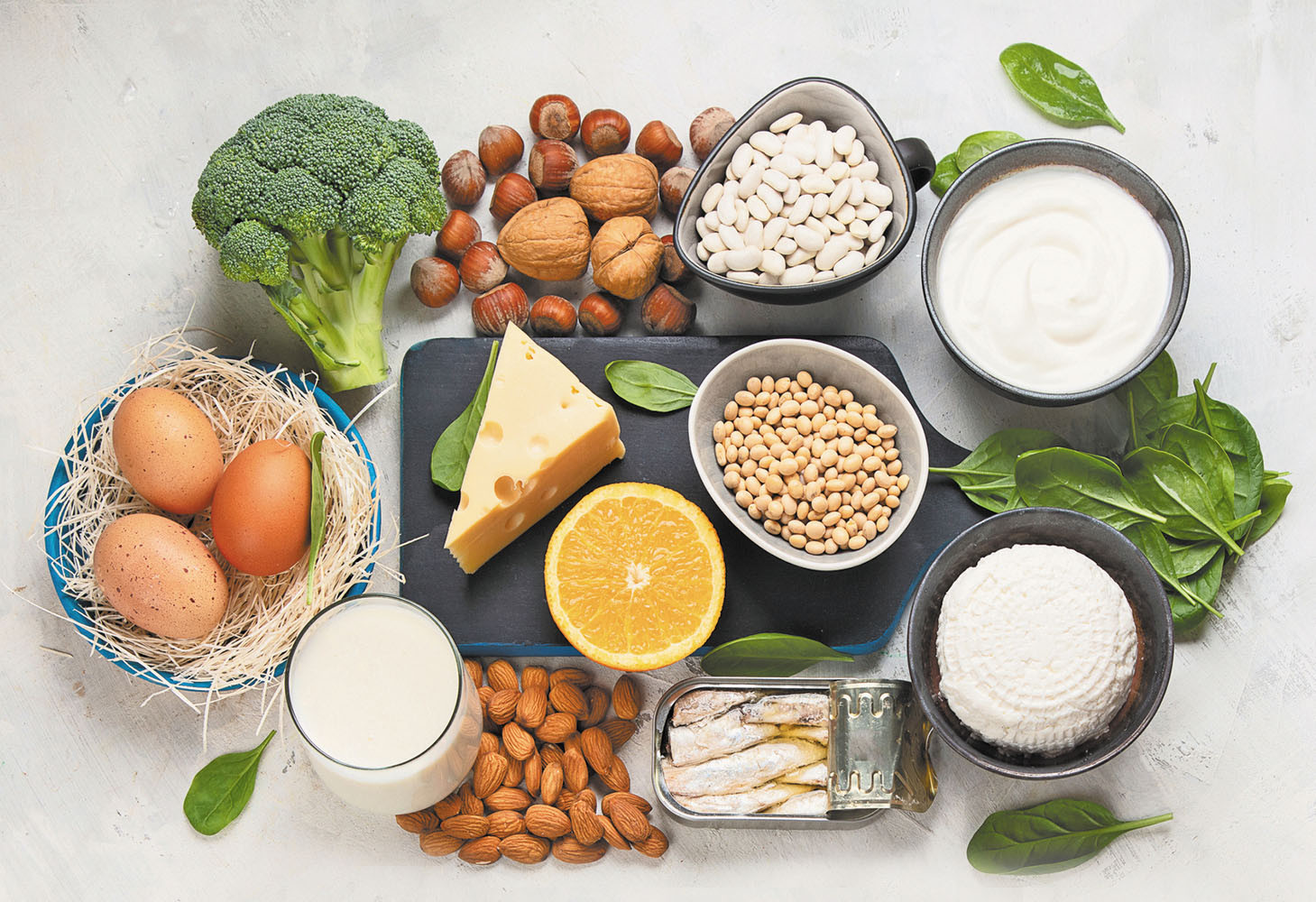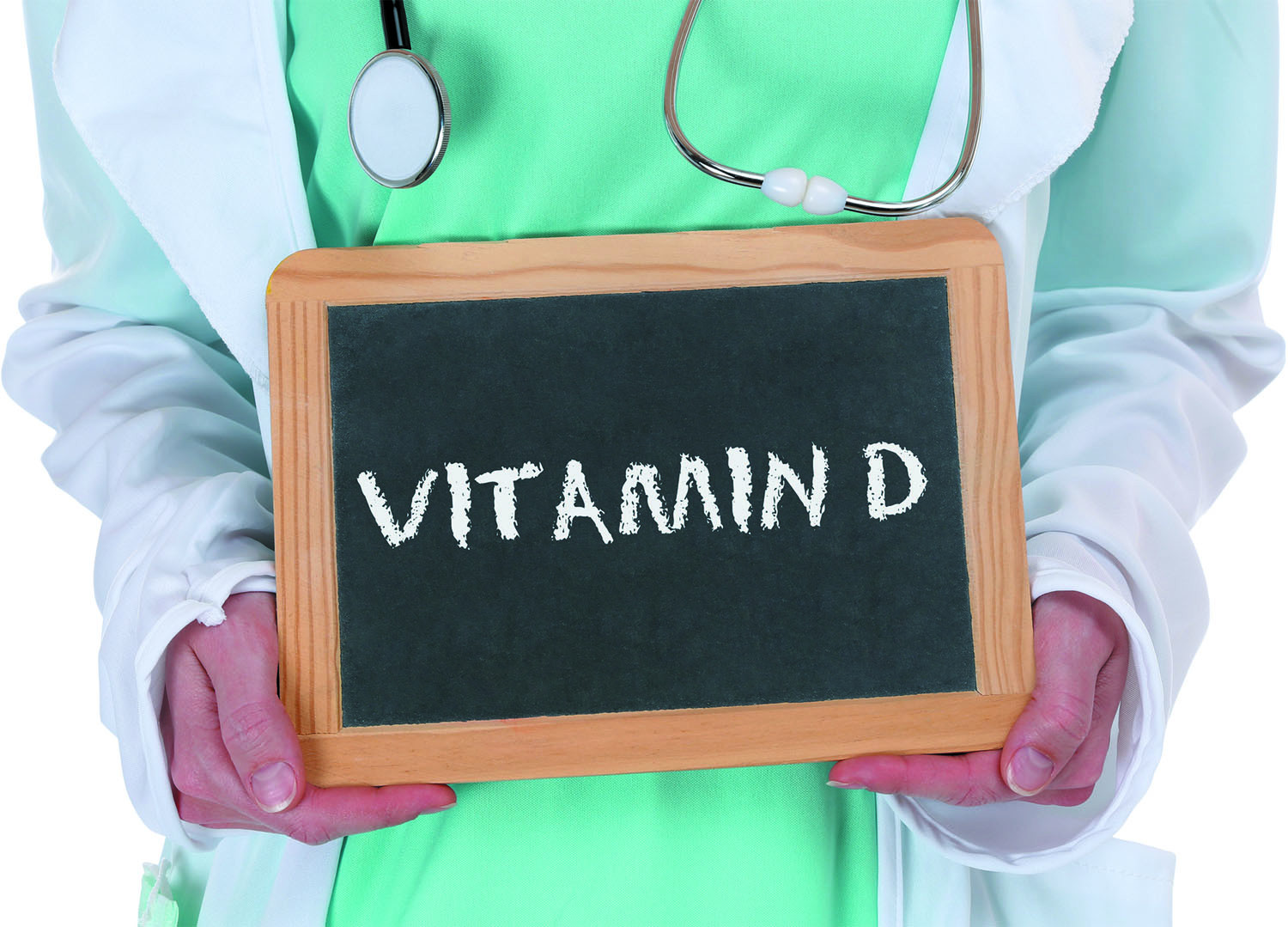
5 timeless habits for better health

What are the symptoms of prostate cancer?

Is your breakfast cereal healthy?

When pain signals an emergency: Symptoms you should never ignore

Does exercise give you energy?

Acupuncture for pain relief: How it works and what to expect

How to avoid jet lag: Tips for staying alert when you travel

Biofeedback therapy: How it works and how it can help relieve pain

Best vitamins and minerals for energy

Should you take probiotics with antibiotics?
Vitamins & Supplements Archive
Articles
How stimulants may affect your heart
Stimulant medications, which are usually prescribed to treat attention deficit disorder in children, are being prescribed increasingly to older adults. These drugs may cause a short-term spike in the risk of heart-related problems, including heart attacks, strokes, and arrhythmias. Dietary supplements that promise weight loss or better physical or mental performance may contain prohibited, unlisted, and potentially dangerous stimulants.
Treating low vitamin D levels may help people live longer
Treating people who have low levels of vitamin D with supplements may reduce their risk for heart attacks and death from any cause.
Tips to help you stay on your cholesterol drug
Many people who start a cholesterol drug wind up discontinuing its use. That's because statins, a common type of medication that lowers cholesterol, have both real and perceived side effects, such as muscle aches. To stay on a statin, one can ease into use with a low-dose or an alternate-day dose strategy, consider if other medications or circumstances are to blame for discomfort, try gentle stretching, take coenzyme Q10, or replenish low vitamin D levels. Another strategy is to take a non-statin drug that lowers cholesterol.
Essential nutrients your body needs for building bone
Older adults must pay special attention to their intakes of calcium, vitamin D, and protein. These important nutrients are crucial for maintaining bone health. Doctors say it's probably best to take a supplement to get enough vitamin D. Calcium and protein are best when they come from foods, such as canned salmon with bones, sardines, beans, dairy products (cheese, yogurt, cottage cheese, milk), leafy greens, or nuts. Other important nutrients for bone health, such as magnesium, phosphorous, and potassium, can be obtained by simply eating a diet rich in fruits, vegetables, legumes, nuts, seeds, and lean proteins.
Pumpkins aren’t just for carving
Supplements: A scorecard
A detailed look at supplements and their medical use.
Vitamin D and your health: Breaking old rules, raising new hopes
Vitamin D's primary function is to help the body absorb calcium, though it may also protect against prostate cancer and other diseases. Many people do not get enough from sunlight, its natural source, and should get the needed amount via a supplement.
Adults who skip morning meal likely to miss out on nutrients
Vitamin D deficiency might affect recovery from knee surgery

5 timeless habits for better health

What are the symptoms of prostate cancer?

Is your breakfast cereal healthy?

When pain signals an emergency: Symptoms you should never ignore

Does exercise give you energy?

Acupuncture for pain relief: How it works and what to expect

How to avoid jet lag: Tips for staying alert when you travel

Biofeedback therapy: How it works and how it can help relieve pain

Best vitamins and minerals for energy

Should you take probiotics with antibiotics?
Free Healthbeat Signup
Get the latest in health news delivered to your inbox!
Sign Up











